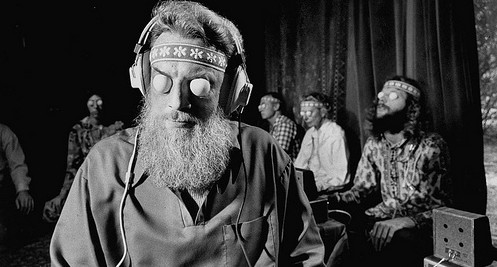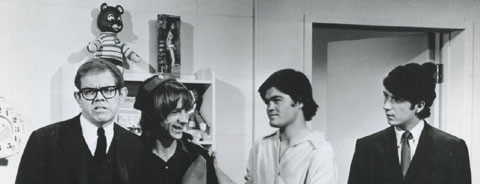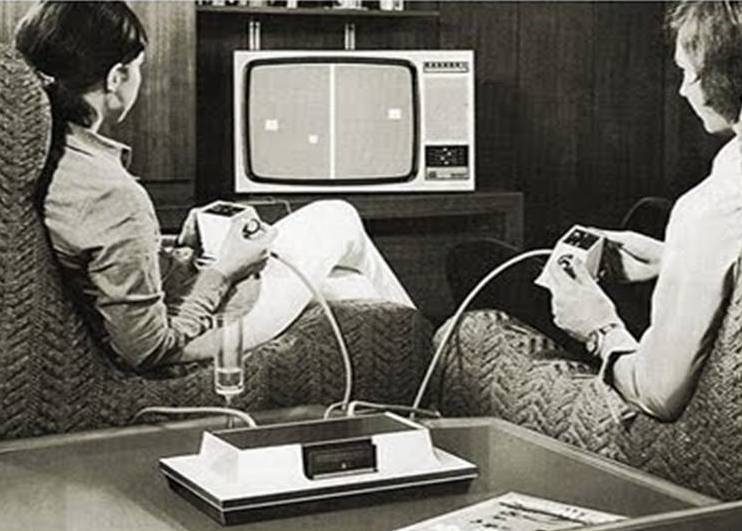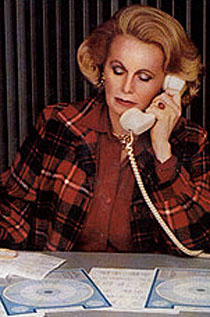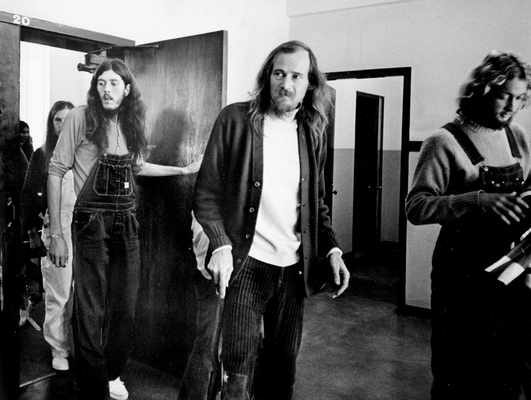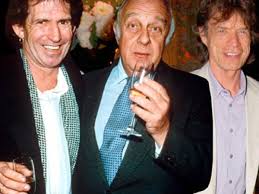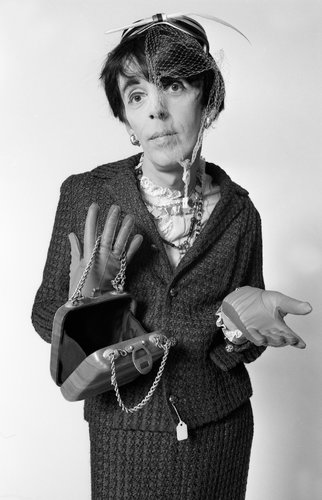Using information gained through astrology, tarot cards and hypnosis is probably only a marginally dumber way to play financial markets than by employing sober study and analysis. You could wind up in a barrel supported by suspenders either way. About two decades ago, all manner of hoodoo was apparently welcomed by those looking to make a killing in the market. The opening of Douglas Martin’s 1994 New York Times article about New Age coming Wall Street:
WALL STREET has traditionally been home to bulls and bears. But lately, more extraordinary beings are finding their way to the trading rooms and executive suites of the city’s financial community. These are the psychics, hypnotists and astrologers who bring an extra dimension to the already arcane science of investing money.
Call it a foolish fad, but believers claim that billions of dollars are managed by people who consult planetary movements in advance; and some 27.5 million Americans review the stars to make decisions, according to a 1990 Gallup poll. No one has calculated how many do so for investments, but a mini-industry has emerged around New-Age Wall Street. Consider: A hotel near the stock exchanges is offering a new guest service, a tarot card reader. At the Wall Street Hypnosis Center, 165 William Street, a dozen or so traders visit monthly to keep their unconscious minds honed for split-second decisions. And at the New York Astrology Center, Eighth Avenue at 37th Street, computers and stars are used for investment advice.
The Securities and Exchange Commission, while hardly endorsing metaphysics, finds nothing intrinsically wrong with such unorthodox means of analysis, if fully disclosed, says Michael Jones, a spokesman.
As J. P. Morgan once intoned: “Millionaires don’t hire astrologers. Billionaires do.”
You . . . Are . . . Getting . . . Richer
The hypnotist’s words flow like a stream, as New-Age music fills the book-lined room. “You’re comfortably embraced by the clouds, floating and drifting, floating and drifting,” Ruth Roosevelt purrs. “You get a perspective up here. You see opportunities you didn’t realize you had.”
Ms. Roosevelt, founder of the Wall Street Hypnosis Center, helps clients quit smoking, lose weight — and make investment choices.
She continues: “Perhaps you see a trading pattern that needs to be changed.”
She suggests to her client, Damon Vickers, chief equity strategist for Equigrowth Advisors, an investment company with $15 million under management, that he may find solutions in his subconscious. She says a new hedge fund he is establishing will be doing gangbuster business in a year’s time.
“You’ve been making the money, because you’ve been disciplined,” she says, seeking to underline one of his main trading goals. “You’ve reined in your emotions, so you have clarity of thought and purpose.”
Ms. Roosevelt, who charges $100 an hour, began her practice two years ago, after a long career as a trader, most recently at Prudential Securities, where she was a vice president. She switched to hypnosis, she says, because of a fascination with the mind.
“There is very little I don’t know about the emotions a trader can have,” said Ms. Roosevelt, who studied hypnosis at, among other places, the New York Training Institute for Neuro-Linguistic Programming.
Ms. Roosevelt sees trading as akin to primitive humans dealing with physically dangerous situations. “At the moment of truth, is it fight or flight, attraction or retrenchment, fear or greed?” she asked. The goal is to bring control and composure to an overpowering situation. This comes from the unconscious, she says.
In practice, this means some traders have to learn to curb their urge to gamble, and let profits run. Others have to pull the trigger and take a sensible risk. Some have developed an aversion to picking up a phone and need to regress to earlier situations — say, calling a girl (or a boy) for a date.
“The trance enhances their power,” she said. “It will enable them to have greater control over themselves or other people.”
To outsiders, it can seem a lot like losing control. Mr. Vickers thinks the benefits are such that he doesn’t care if his customers know about his hypnosis. “If it bothers people, I don’t want them as customers,” he said. “I can’t be anybody but myself.” More Towels? Tarot?
Barrie L. Dolnick is the resident conjurer at the glossy Millenium Hotel at 55 Church Street. Just call the concierge and Ms. Dolnick, a 33-year-old former advertising executive in London and New York, will appear with tarot cards, charms and astrological charts.
Ms. Dolnick turned to conjuring full time because it had already proved profitable part time. At a rate of $100 an hour, she sees more than 200 regular clients in her Union Square office, in addition to those at the Millenium.•

